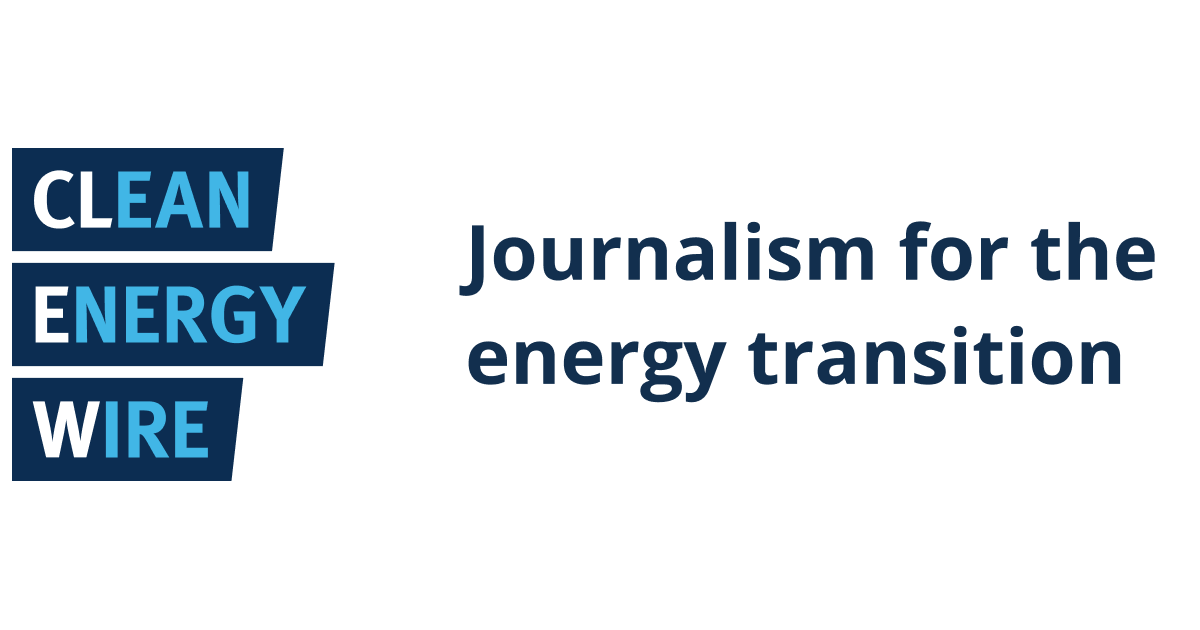Challenges and Opportunities in Germany's Energy Transition
Key Ideas
- Germany's energy policies are in limbo after the collapse of the coalition government, with urgent decisions needed on issues like solar power expansion and gas storage levies to ensure grid stability and energy security.
- The outgoing government made significant strides in renewable energy expansion and ensuring supply security, particularly through the construction of gas storage facilities and LNG terminals, despite the energy crisis.
- The top priority for the incoming government will be implementing the Power Plant Security Act to facilitate the construction of essential gas-fired power plants for Germany's coal phase-out and energy security.
- Looking ahead to 2025, the focus will be on removing bureaucratic barriers for renewable energy expansion, developing energy storage strategies, and fostering a climate-neutral, flexible energy system that supports the transition to cleaner fuels.
The premature end of Olaf Scholz’s coalition government in Germany has left numerous climate and energy policies unfinished, posing challenges for the country's energy transition. Kerstin Andreae, head of the German Association of Energy and Water Industries, emphasizes the urgent need for decisions on regulatory and technical issues such as reforming the Energy Industry Act to address grid stability risks related to peak feed-in by solar PV installations. Key areas requiring immediate attention include extending the combined-heat-and-power law, adapting the gas storage levy, and implementing the Power Plant Security Act to construct new hydrogen-ready gas power plants.
Despite the abrupt end of the coalition, the government succeeded in accelerating the expansion of renewable energy sources and ensuring supply security during the energy crisis. The rapid replenishment of Germany's gas storages and the construction of LNG import terminals were notable achievements.
Looking forward, the incoming government must prioritize implementing the Power Plant Security Act to enable the construction of necessary gas-fired power plants for the coal phase-out. Additionally, the focus in 2025 will be on overcoming bureaucratic hurdles for renewable energy expansion, developing energy storage strategies, and building a climate-neutral and flexible energy system that supports the heating sector's transition to cleaner fuels. Planning stability for companies and households is crucial for long-term investments in the energy transition.
Topics
Policy
Utilities
Investment
Renewables
Energy Industry
Grid Stability
Regulatory Reform
Supply Security
Climate Transition
Latest News
